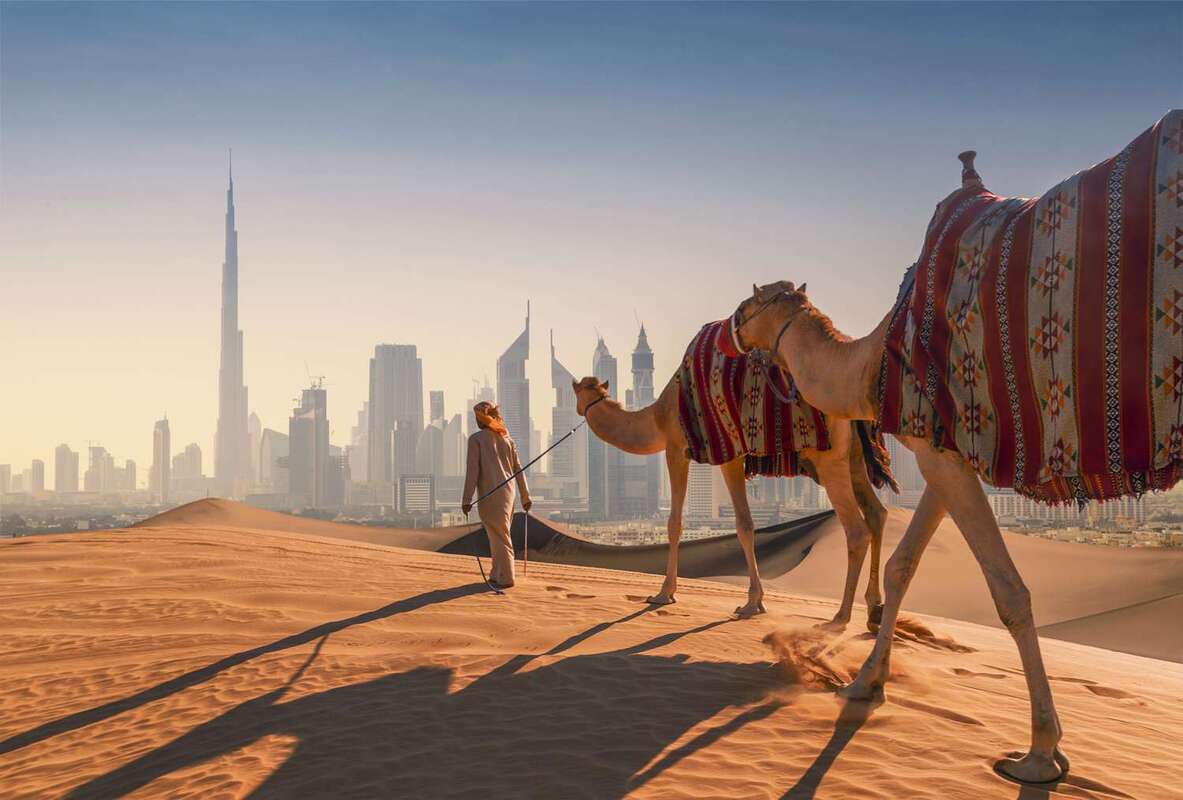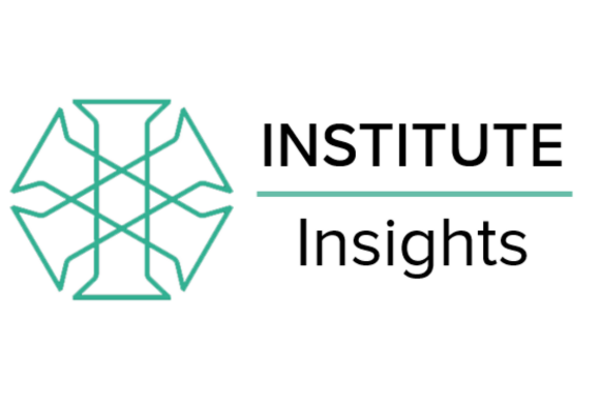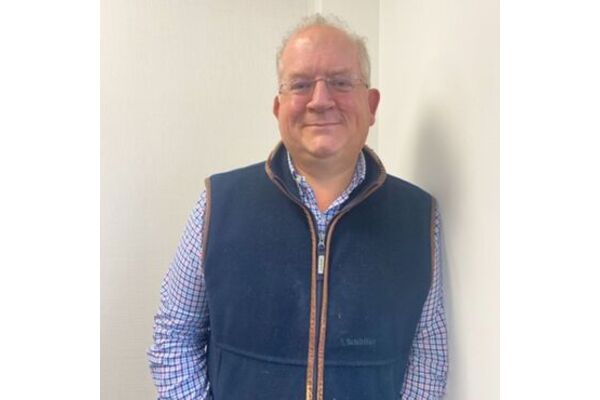
Dubai: The City that Never Quite Was
Once upon a time, bright-eyed young Europeans set off on their Grand Tours to discover the world’s intellectual and cultural wonders. These days, however, a different sort of traveller might well head to Dubai, a city less concerned with Michelangelo’s chapels than with skyscrapers and souks. The Emirate, sprouting from the desert like a mirage, is now the prime hub for global finance, commerce, tourism—and the darker art of laundering money.
For anti-money laundering (AML) professionals, Dubai is a curious place, and not in a charming way. Nestled between oil-rich monarchies and political fault lines, it is a perfect intermediary for capital flows of all kinds—licit or otherwise. This is a city where the money of the world converges, whether it comes from glittering boardrooms or the backrooms of narcotics operations.
Dubai’s tax regime is one that would make Monaco blush—no income tax, no corporate tax (until last year), and a VAT that seems more like a modest suggestion. With free-trade zones offering tax and regulatory perks, the city has become a safe haven for anyone who might find traditional fiscal scrutiny a tad uncomfortable. When the Financial Action Task Force (FATF) placed Dubai on its grey list in 2022, few were surprised. Even fewer batted an eyelid when the Emirate was removed a mere year later. Dubai’s balancing act—appearing just compliant enough to avoid being on the naughty list while keeping its coffers open for any kind of cash—has made it an expert in walking the fine line between respectability and rogue state.
Russian oligarchs, for example, have been rushing to Dubai’s shores with their yachts, buying up whole towers, and conducting business now banned in other jurisdictions. With the war in Ukraine, the Emirate has become the new Geneva for Russia’s elite. After all, Dubai didn’t apply Western sanctions, remaining ‘neutral’ while benefiting from its long-standing tradition as a merchant hub. Meanwhile, under the radar, old tankers transport Russian oil out of Dubai, part of a ‘don’t ask, don’t tell’ arrangement that suits both Russia and the global markets quite nicely.
Then there’s the matter of real estate. Not only does Dubai sport the world’s tallest tower, the Burj Khalifa (for now, at least, until Saudi Arabia outdoes them), but it also holds the world’s record for construction speed. Entire buildings shoot up in the time it takes to sign a mortgage in the West, all courtesy of poorly paid migrant labourers. Real estate here isn’t just for living—it’s the ideal vehicle for washing dirty money. Funnelling illicit cash into a few shiny high-rises can turn it white as snow. What better way to launder the proceeds of drug trafficking or arms sales than with an ocean-view penthouse?
Yet, Dubai’s paradoxes don’t end with its fiscal policy. The Emirate touts itself as a cosmopolitan, ultra-modern global city, eager to lead on climate initiatives like COP28. In this brave new world of artificial intelligence and carbon-neutral cities, Dubai seeks to maintain its relevance in a post-oil age. Never mind the absurdity of hosting an environmental summit in a city that gleefully desalinates seawater for ski slopes while maintaining one of the highest per capita carbon footprints on the planet.
A Global Mirage
Dubai’s glittering towers and six-lane highways create an illusion of prosperity and modernity, yet scratch the surface and it becomes clear: the city is more Potemkin village than metropolis. In fact, the city seems to exist more in aspiration than reality. Camille Ammoun, who lived there for a decade, described Dubai’s dilemma succinctly: “It does not make a city.” It has the buildings, the people, the parks—but none of these things come together to create what one might call ‘urbanity,’ that elusive soul of a real city[1].
Historically, Dubai had little to offer the world beyond its pearls—until the Japanese invented artificial ones. Lacking the oil wealth of its neighbours, the Emirate was forced to reinvent itself as a merchant city, relying on trade to survive. Its role as a trade hub—exporting pearls, now tourism and financial services—has been central to its development. But for all its ambition, Dubai remains stuck between a dream of becoming a global hub and the reality of its authoritarian regime, which, while liberal in business, brooks no dissent or political mobilisation[2].
This contradiction defines the Emirate’s approach to globalisation. It has become the caricature of capitalism, an extreme embodiment of what happens when wealth flows freely without the burden of regulation or social responsibility. Dubai is not the centre of the global economy—more like a middleman, or as economist Sébastien Jean put it, “the intermediary of capitalism.” It is a crossroads for global trade, finance, and, inevitably, the trafficking of illicit goods and money.
A City of Towers, and Little Else
Dubai’s most famous landmark, the Burj Khalifa, may be the tallest building in the world, but height doesn’t solve the problem of emptiness. These towers are often hollow—offices that empty at 5 p.m. and luxury flats too expensive for the average resident. The city’s obsession with building taller and bigger is a relic of the 20th century, a ‘who’s got the biggest’ contest that now seems quaint in an age when innovation is more about the invisible—the cloud, AI, and smart technologies.
Dubai's leaders are aware that this model can’t last. As the Emirate continues to expand upwards, they are trying, paradoxically, to shrink the city horizontally. The government’s new plan for 2040 includes the “20-Minute City”—a rather desperate attempt to create neighbourhoods where residents can walk or cycle to amenities[3]. It’s a bold plan for a city where six-lane motorways dominate, and pedestrians are a rare breed. But at least it’s an admission that the current model of endless highways and soaring towers might not be sustainable in a world where temperatures regularly hit 50 degrees Celsius.
Dancing on the Edge of a Cliff
So, can Dubai survive its contradictions? It has so far. Every time there’s a global crisis, from the 2008 financial crash to the war in Ukraine, Dubai manages to turn a profit. The question is how long this balancing act can last. With Abu Dhabi’s deep pockets as a safety net, Dubai has survived its most serious crises, including the 2009 financial crisis, thanks to a substantial petrodollar fuelled bailout. However, Dubai’s reliance on external capital, labour, and resources leaves it vulnerable.
In the meantime, the emirate continues to parade itself as a model of success, hosting the likes of COP28 while quietly encouraging the fossil fuel industry to keep going. As Carlos Moreno, urbanist and author, aptly put it, Dubai’s rulers are masters of spectacle[4]. Whether Dubai’s glitzy facade can outlast the environmental and economic challenges it faces remains to be seen. But for now, the world is content to let Dubai continue its dance—because, after all, what’s a few trillion dollars between friends?
In the end, Dubai is a reflection of our global contradictions, a city born of opportunity and crisis, excess and necessity. It is not so much a city of the world, as a city of a world—one where money moves faster than the wind at the top of the Burj Khalifa. Whether that world is sustainable, however, is another question entirely.
*****************************************************************
References
[1] Moreno, C., Allam, Z., Chabaud, D., Gall, C., & Pratlong, F. (2021). Introducing the “15-Minute City”: Sustainability, resilience and place identity in future post-pandemic cities. Smart cities, 4(1), 93-111.
[2] Kennedy, H. (2023, December 20). Take care doing business in UAE. The Times & The Sunday Times. https://www.thetimes.com/uk/law/article/take-care-doing-business-in-the-uae-2cxtvfggd
[3] The 20 minutes city. Dubai 2040 | The Dubai 2040 Urban Master Plan recognizes the significance of time in people’s lives and acknowledges that effectively managing and utilizing time for commuting and meeting basic needs. (n.d.). http://dubai2040.ae/en/projects-and-initiatives/the-20-minutes-city
[4] Moreno, C., Allam, Z., Chabaud, D., Gall, C., & Pratlong, F. (2021). Introducing the “15-Minute City”: Sustainability, resilience and place identity in future post-pandemic cities. Smart cities, 4(1), 93-111.
Tom Vidovic is a senior financial crime compliance specialist. He held several roles in the financial services industry as well as the consulting sector, including as Financial Crime Advisory Manager for Deloitte; Associate Director, FCC Controls for Standard Chartered Bank; Financial Crime Forensic Manager for KPMG; and FIU Financial Crime Consultant for Wells Fargo; and most recently as Nominated Officer for Ghana International Bank. He is a Certified Fraud Examiner, Certified Anti-Money Laundering Specialist, and holds an MBA in Sustainable Finance.







